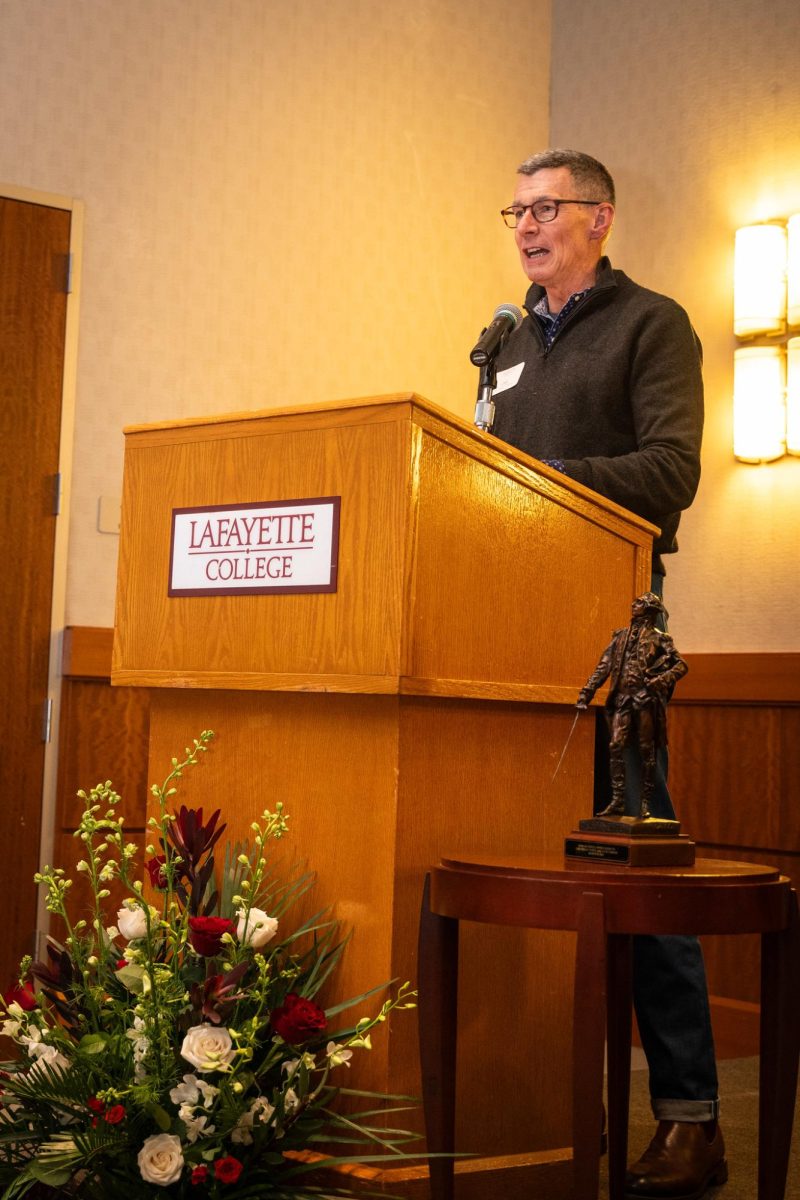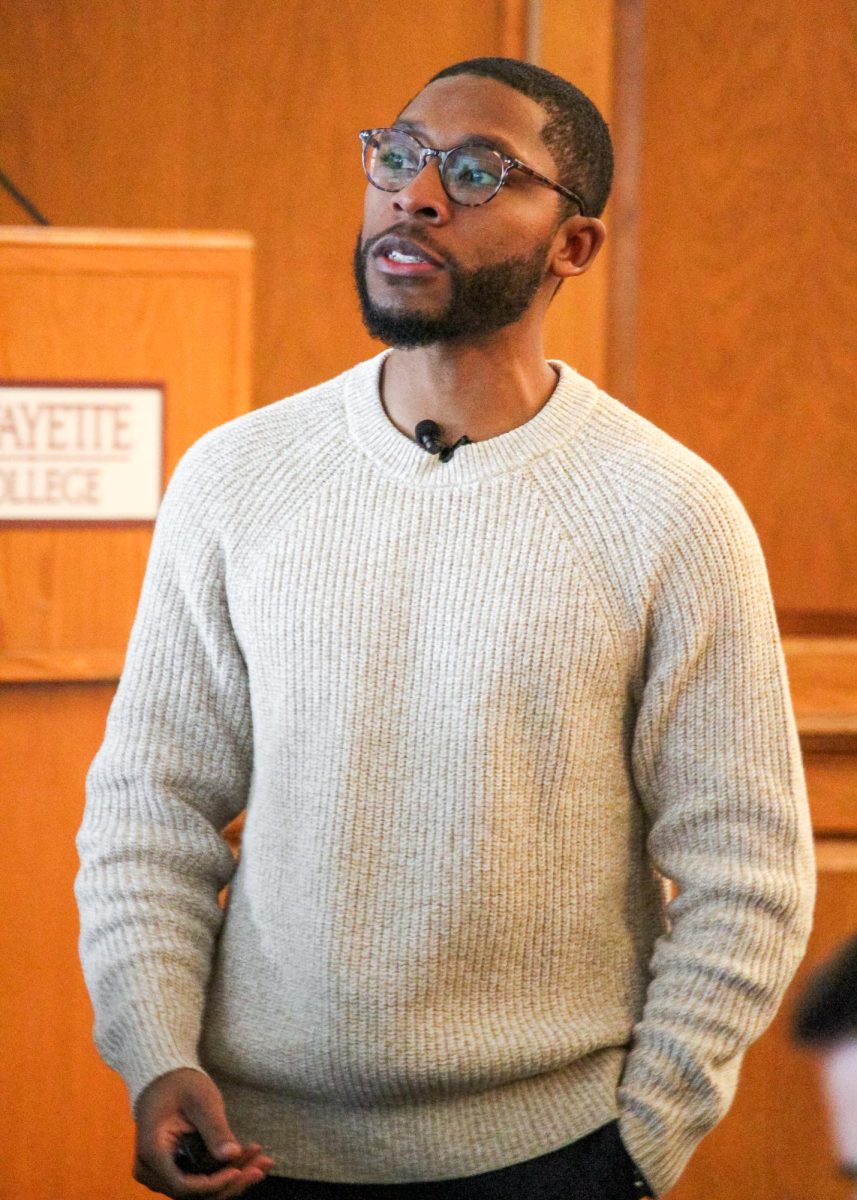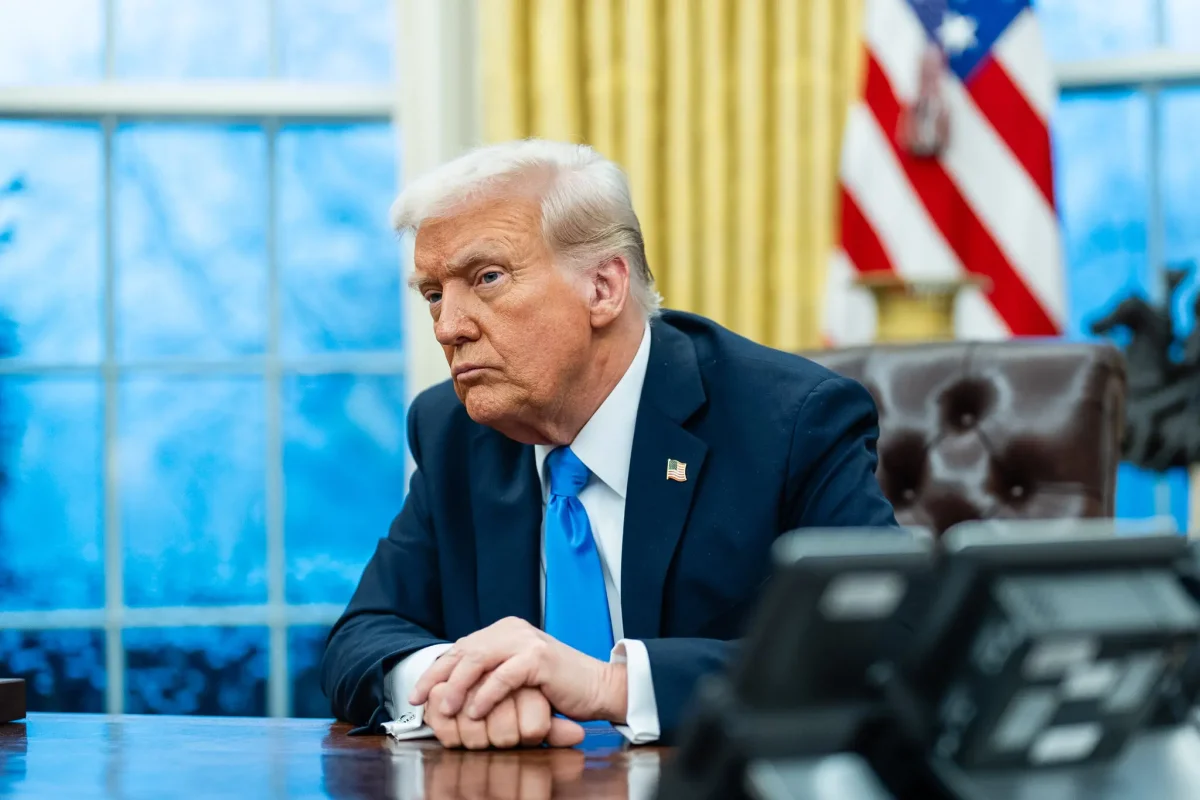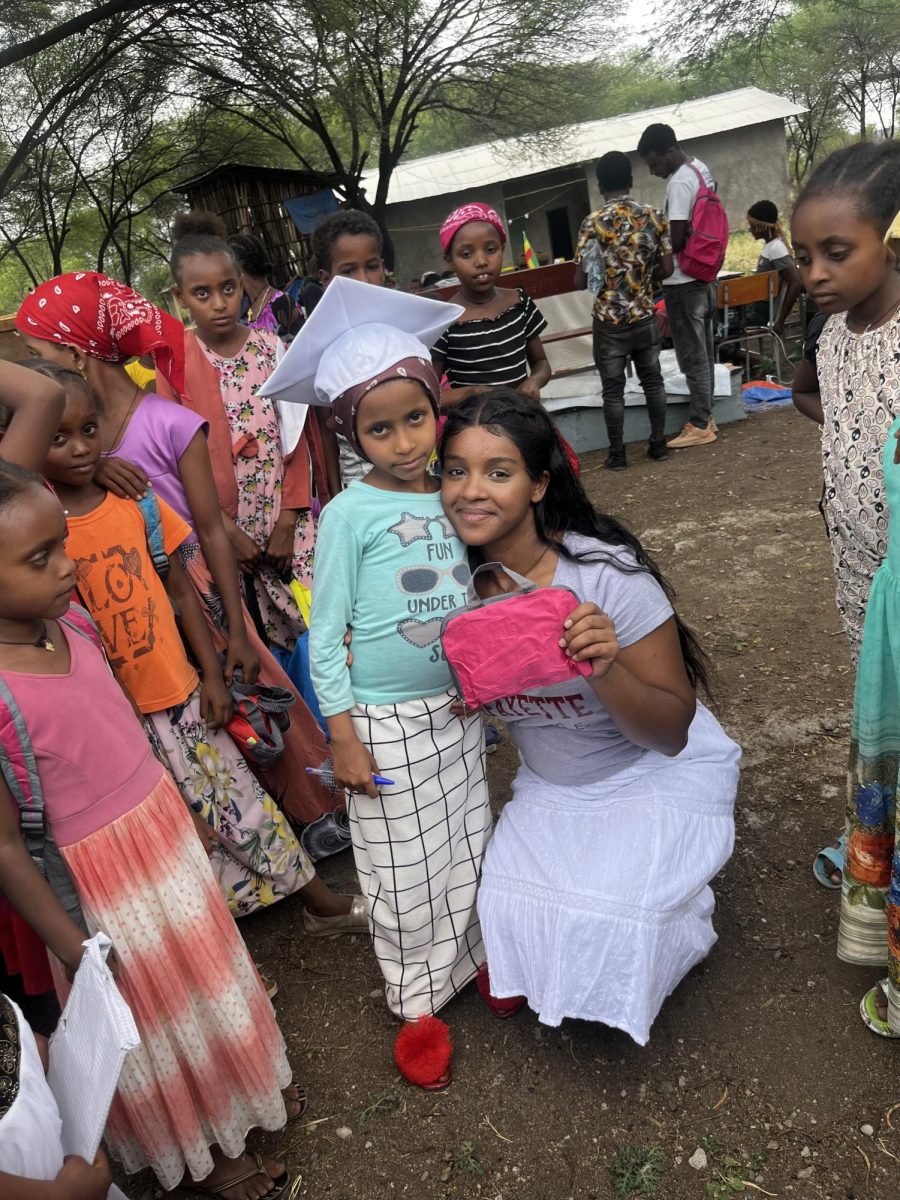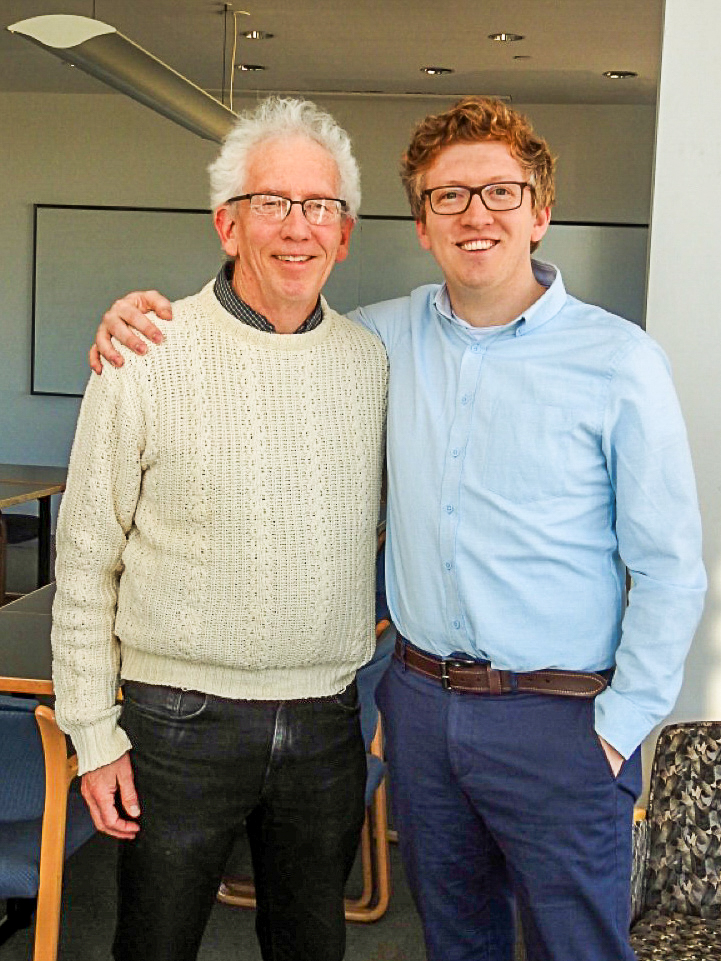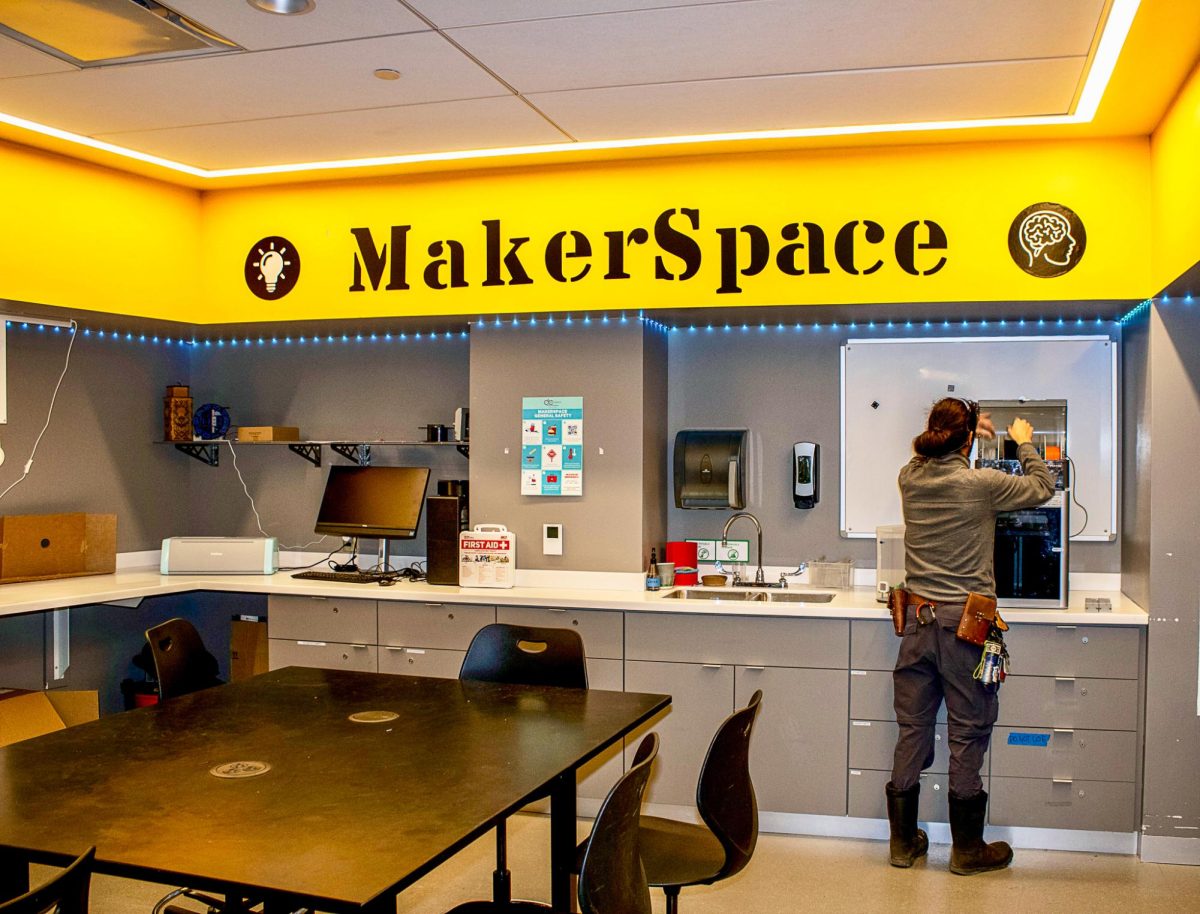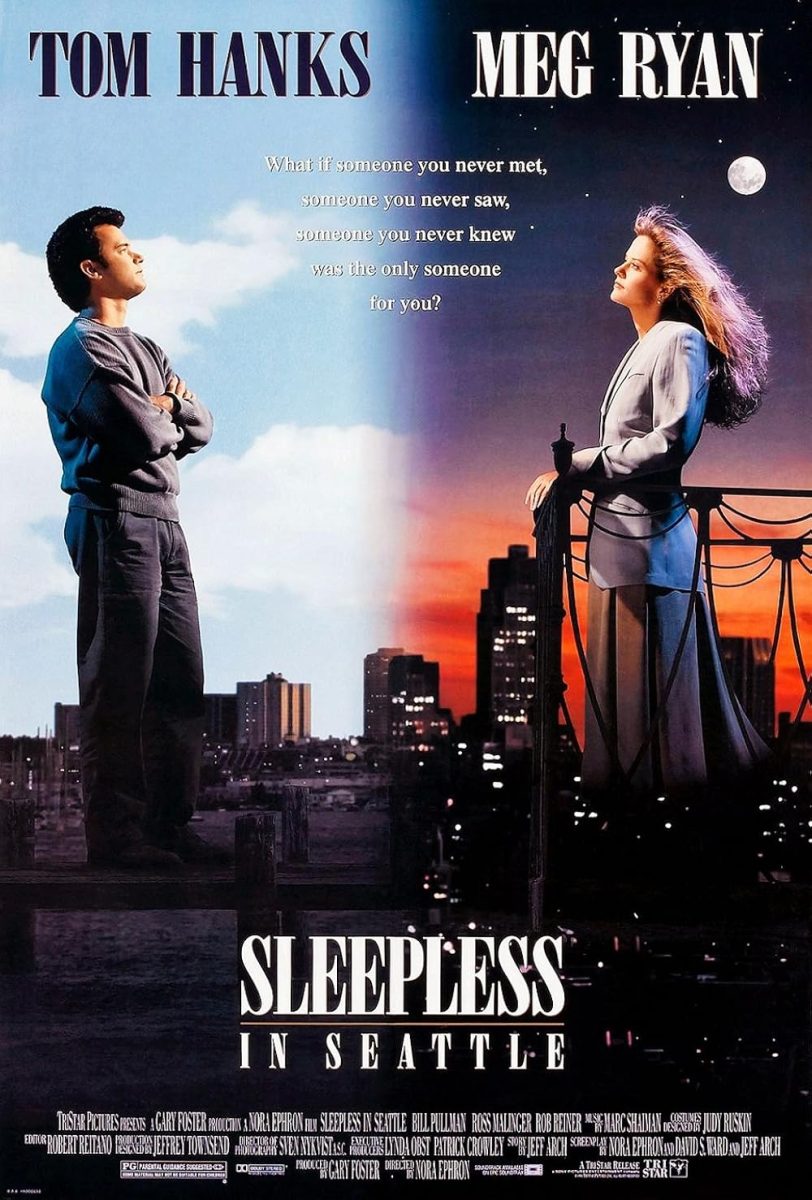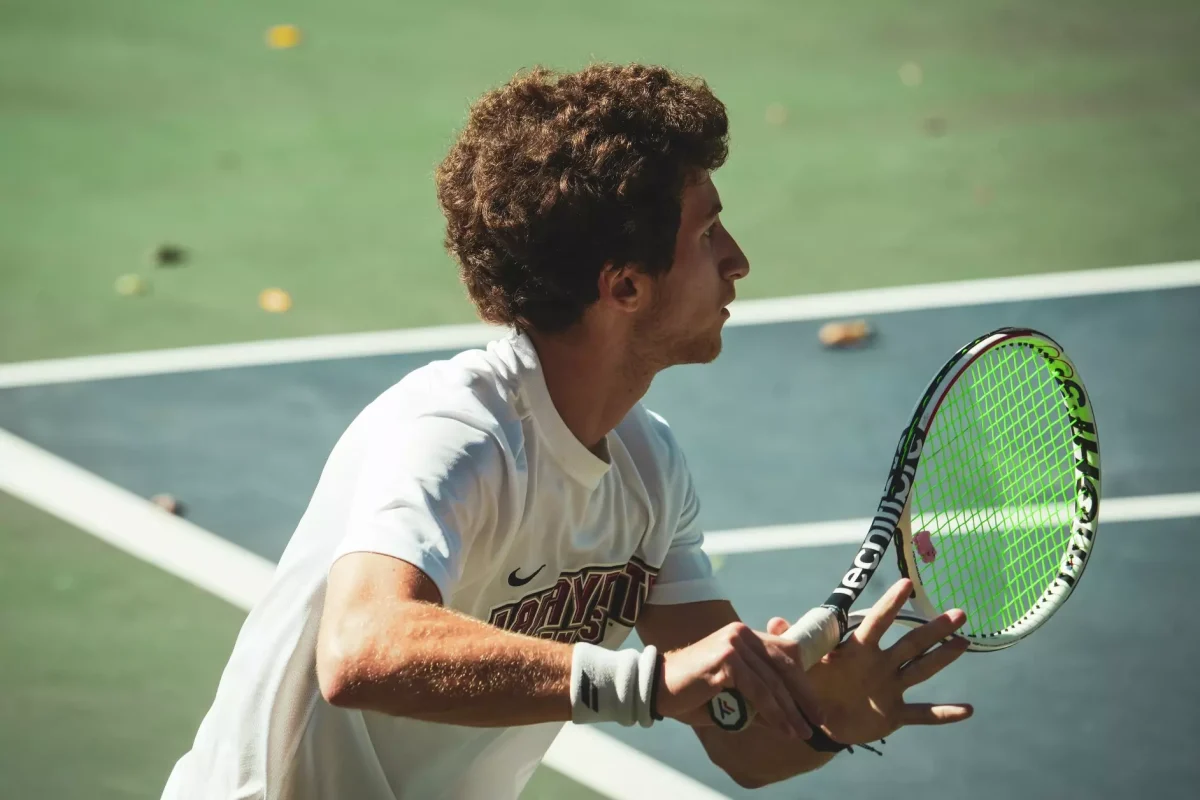The third and final open meeting of the Student Support Task Force met this past Tuesday. Around 20 students, faculty and administrators showed up to discuss a potential campus advising program, though the conversation quickly transitioned to faculty leadership and classroom trigger warnings.
Similar to the first two meetings, Dean of Faculty Robin Rinehart and Dean of Intercultural Development John McKnight led the discussion.
Several students said that faculty advisors lack active teacher-student relationships with their advisees. As a result, these students said that some faculty advisors have trouble connecting with international students, first-generation college students and students of color.
McKnight said that it is important to have a community where “every person can be validated, understood, and heard.”
Many students in attendance felt like there was room for growth, like Fayola Fair ’19, who came to the meeting primarily to see what Lafayette was doing to improve student support.
“For me, as a student of color, I was mainly focused on support for students of color,” Fair said. She said that faculty should undergo more sensitivity training in order to “be up-to- date in the twenty-first century.”
Luis Castillo ’17, another student who attended the forum, agreed with this sentiment and added that faculty should learn “the more dynamic skills that don’t come in a textbook: how to diffuse an argument, how to make someone feel validated.”
For Fair, advising is not the only place where they can imagine greater avenues for support. There must be work done inside the classroom too, Fair said.
“I am combatted with micro aggressions all the time [inside and outside the classroom],” Fair said. “I think the classroom should be the one place where I can at least prepare for certain conversations.”
Although Castillo thinks open meetings are a step in the right direction, he would like to see more students in committee leadership positions.
“Having an open forum [is] almost like a superficial way to [get] students involved,” he said. “We’re mature enough and smart enough to be in these committees making these decisions.”





















